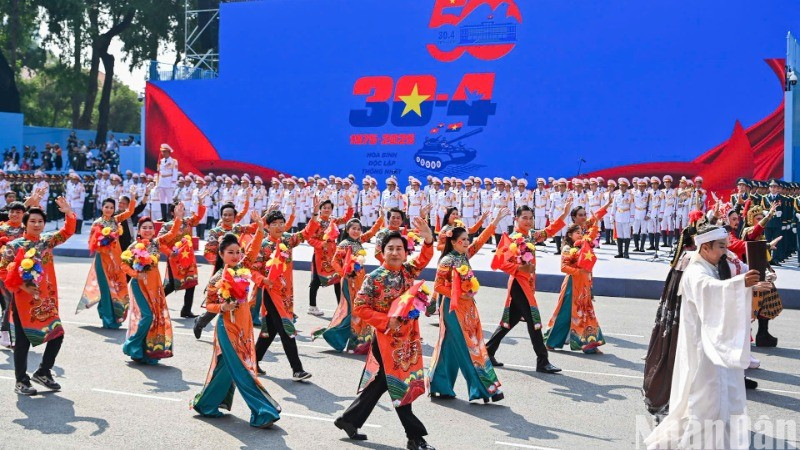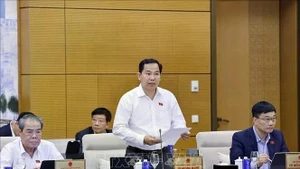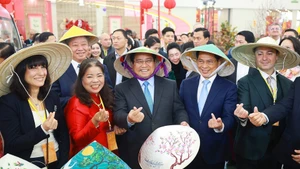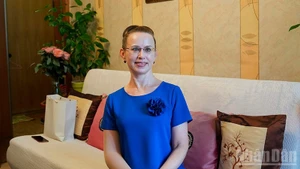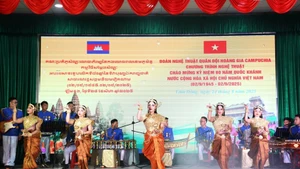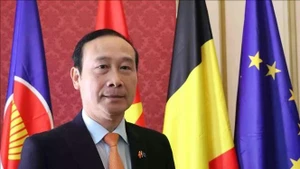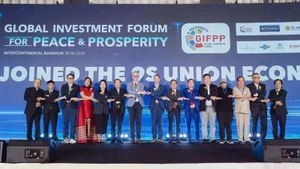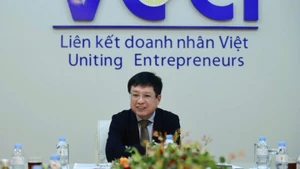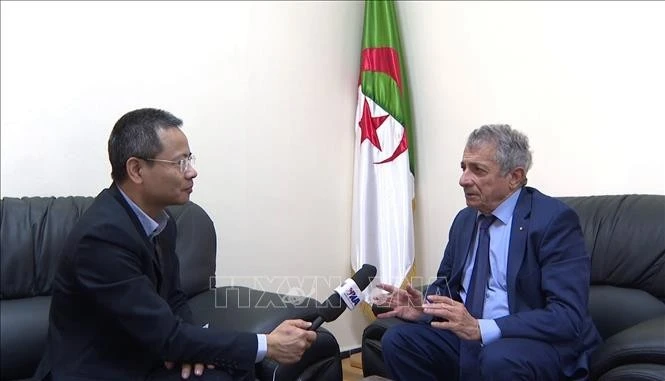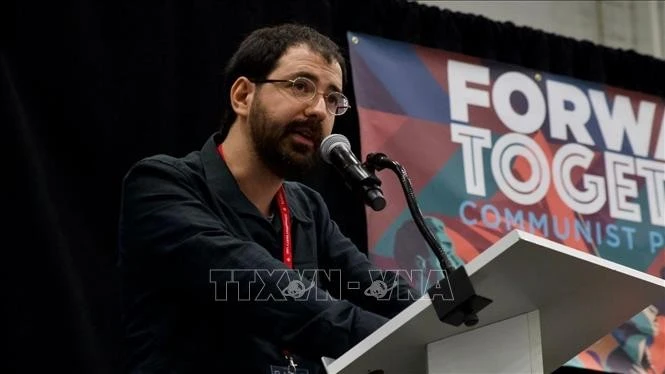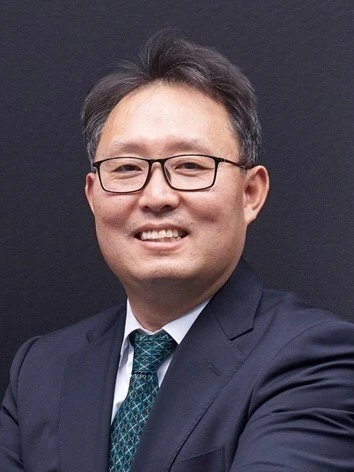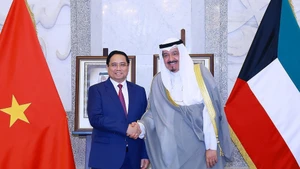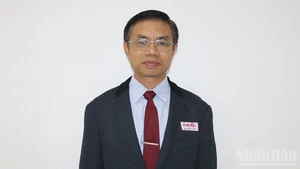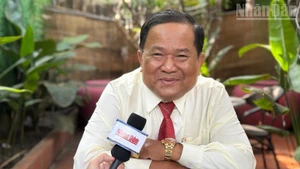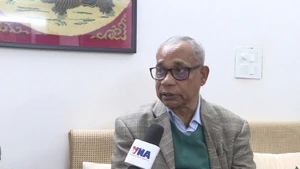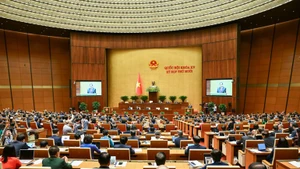In an interview with reporters on the sidelines of the 9th Session of the National Assembly regarding the draft law amending and supplementing several articles of the Law on Bidding, the Law on Public-Private Partnership (PPP) Investment, and other related laws, Assoc. Prof. Dr. Bui Hoai Son shared insights from the perspective of the cultural and sports sector – a field that is both distinctive and increasingly crucial in the knowledge economy and sustainable human development.
Q: What is your assessment of the amendments to the Law on Bidding and other laws, especially from the perspective of the culture and sports sector?
A: From the perspective of the cultural and sports sector – a unique field that is becoming more influential in the knowledge economy and sustainable development – I welcome the proposed revisions to Clause 7 of Article 3 and the addition of Clauses 8, 9, and 10 to Article 2 of the Law on Bidding.
These changes represent a breakthrough in removing long-standing bottlenecks for public service units operating in the cultural and artistic fields such as museums, libraries, theatres, art schools, as well as in sports with facilities like stadiums and arenas.
For years, these units, despite generating legitimate revenues from their professional activities, have been bound by complex bidding procedures similar to those applied to public investment projects. This has reduced their autonomy and flexibility, delayed performances, hindered equipment procurement, and obstructed creative activities and heritage preservation.
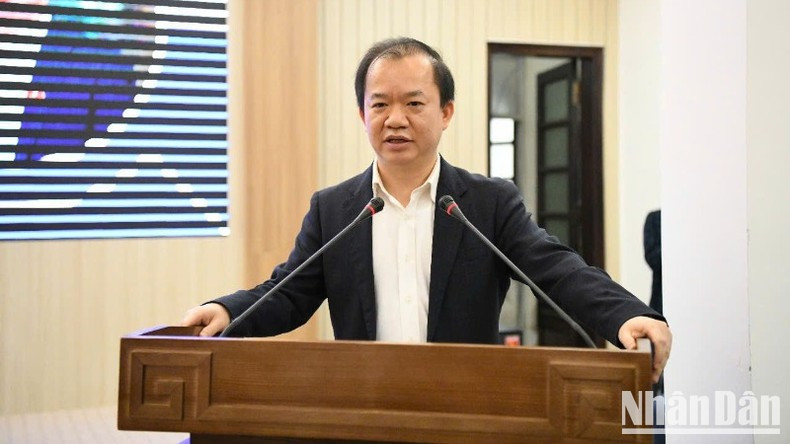 |
| Assoc. Prof. Dr. Bui Hoai Son – Standing Member of the National Assembly’s Committee for Culture and Society. (Photo: THE DUONG) |
The proposed amendments will allow financially autonomous units (Group 1 and Group 2) to independently decide on routine procurements in support of their core activities without having to fully comply with the standard bidding process. This aligns with the broader policy of renewing financial mechanisms and enhancing the autonomy of public service units. It is a positive step forward and should be further concretised through comprehensive guiding documents.
Q: Regarding the amendments that prioritise creative and high-tech enterprises in bidding processes, do you have any further suggestions?
A: The proposed provisions that prioritise creative and high-tech enterprises as well as domestically produced digital products are needed. I recommend that the National Assembly approve the amendments to Clauses 1 and 3 of Article 10 of the Law on Bidding, which prioritise capabilities, experience, and bidding documentation of creative enterprises, high-tech firms, and domestic digital products.
This will provide a legal foundation to foster the growth of cultural industries, including cinema, performing arts, creative design, digital media, and sports, which are aligned with global development trends and are among the 12 sectors prioritised under the Government’s National Strategy for the Development of Vietnamese Cultural Industrie until 2030.
I also propose expanding these provisions to cover domestic copyrighted cultural and artistic products, particularly in cinema, music, performance programmes, digitizsed exhibitions, and sports products when participating in public service delivery or bidding projects funded by the state budget. This will encourage local cultural consumption and support domestic artists and producers.
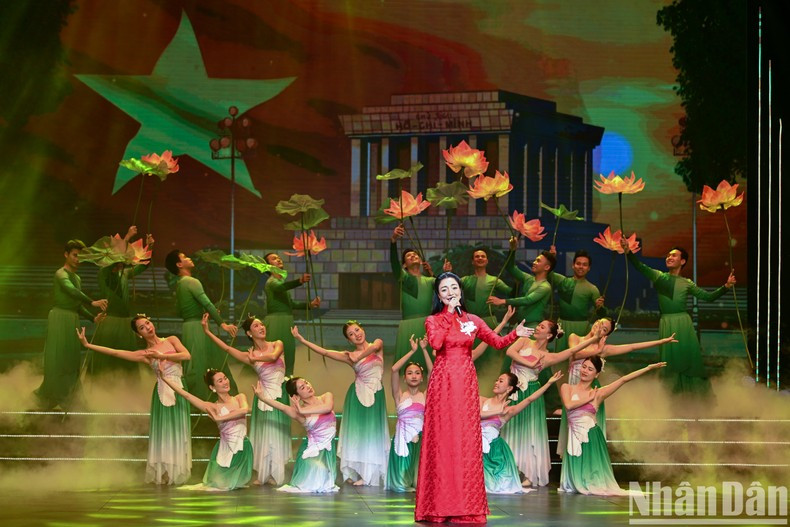 |
| Traditional cultural values contribute to arousing national pride. (Image for illustration: THE DAI) |
Q: In special cases such as organising art performances, heritage presentations, or works requiring copyright, do you think direct contractor selection is appropriate?
A: This is an important aspect of the proposed amendments to Articles 23 and 29 of the Law on Bidding, which allow for direct contractor selection and special contractor selection procedures for unique projects such as heritage conservation, art performances, events held at heritage sites, and projects requiring copyright compliance, technological compatibility, or related to sports.
Fields like performing arts, cinema, heritage programmes, and sports cannot follow the conventional competitive bidding model based on the “lowest price” criterion. Applying such a rigid approach often results in poor-quality suppliers winning contracts, which in turn severely affects cultural prestige, artistic quality, and community education outcomes.
Therefore, I propose that the Government, when issuing implementation decrees, include clear lists or criteria defining which cultural–artistic–sports projects may apply special contractor selection or direct appointment mechanisms. This ensures transparency and accountability while avoiding rigid application.
Q: Overall, what is the significance of these legal amendments for the development of culture and sports in the era of cultural industry and digital transformation?
A: Institutional reform is the key to the development of culture and sports. We are living in an era where culture and sports are no longer mere recipients of budgetary expenditure but are becoming key development resources, drivers of innovation, and sources of national soft power.
Amending the Law on Bidding, the Law on PPP Investment, and related laws in a more open, flexible, and sector-appropriate direction is both commendable and necessary. However, these reforms must be accompanied by a robust system of standards, supervision, and post-implementation checks to prevent abuse of direct appointment or ineffective investments.
I respectfully recommend that the National Assembly approve these amendments and authorise the Government to promptly issue specific guidelines so that cultural and sports institutions can fully realise their roles in the current era of cultural industry and digital transformation.
